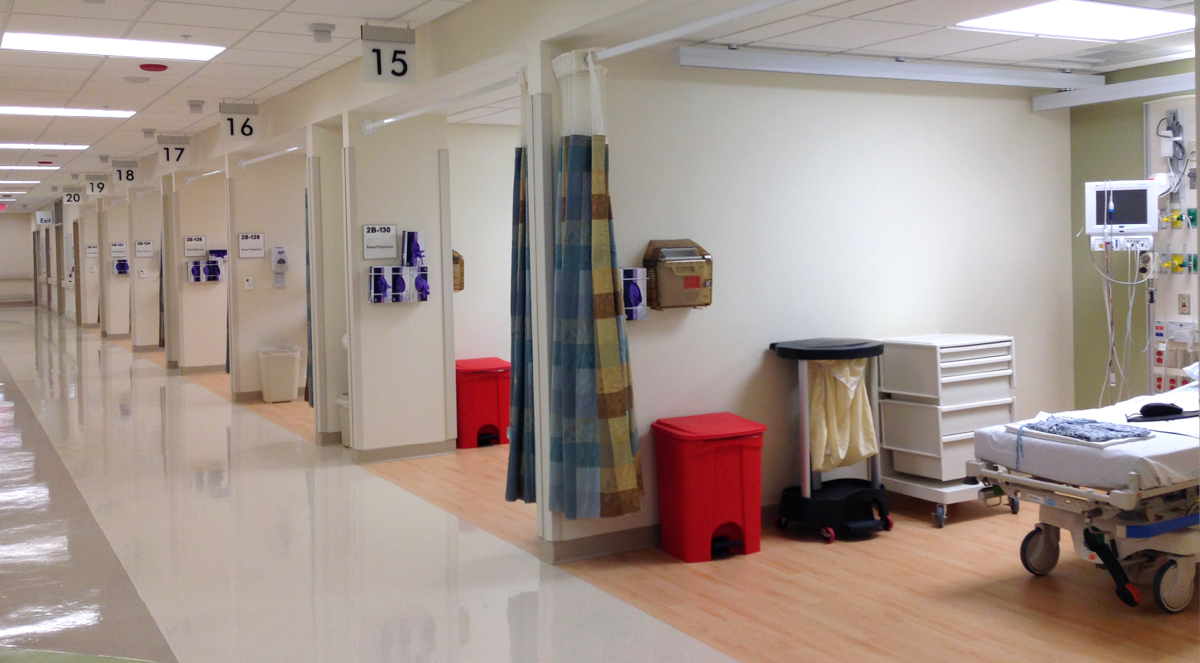Psychiatric boarding is becoming an increasingly prevalent practice that disrupts patient care and ED throughput. “This phenomenon is expected to occur more frequently with the continued closures of state-run psychiatric facilities,” explains Ryan K. Misek, DO. While several studies have evaluated the characteristics of psychiatric boarders, few have looked at these trends in states without integrated healthcare systems in place.
To address this research gap, Dr. Misek and colleagues conducted a study to assess inpatient psychiatric hospitalizations at two EDs in Illinois. The study, published in the Western Journal of Emergency Medicine, involved 671 patients and sought to identify predictive factors that lead to ED boarding of these individuals. “By identifying predictive factors, we can bring attention to the need for increased psychiatric services for this patient group,” says Dr. Misek. “We may also help improve ED efficiency and the allocation of resources.”
Who’s at Highest Risk?
According to the study, psychiatric patients without insurance were at highest risk for boarding in the ED. “Medicare and Medicaid patients were most likely to require repeat inpatient psychiatric admissions,” Dr. Misek says. More than 95% of uninsured patients were boarded in the ED, compared with rates of nearly 72% for Medicare and Medicaid patients and slightly more than 78% of patients with private insurance.
The authors also found that length of stay was longer for patients who were transferred to publicly-funded psychiatric facilities when compared with those who were transferred to private facilities. “In addition, patients with Medicare or Medicaid were nearly twice as likely to return to the ED for psychiatric emergencies for inpatient admission as self-pay and privately insured patients,” adds Dr. Misek.
Another Piece to the Puzzle
Dr. Misek says the fact that no significant differences were found between insurance status and the length of time it took from initial ED presentations to disposition by emergency physicians (EPs) suggests that care is being delivered in a consistent manner regardless of insurance status. “This implies that the time for disposition by EPs is not a confounding factor for longer boarding times of psychiatric patients in the ED,” he says. The main variable affecting boarder versus non-boarder status appeared to be insurance coverage for patients.
The study adds another perspective regarding characteristics of psychiatric boarders and which patients decompensate following psychiatric admissions. “Future research should aim to determine which psychiatric patients are boarded and bounce back to the ED so that interventions can be made on their behalf,” Dr. Misek says. “These efforts may enhance care and reduce time spent boarding.” By improving the placement and management of patients requiring inpatient psychiatric care, institutions may be able to realize important benefits for patients, hospitals, and ED staff.



 PWeekly
PWeekly